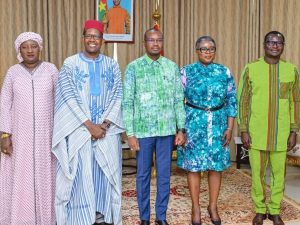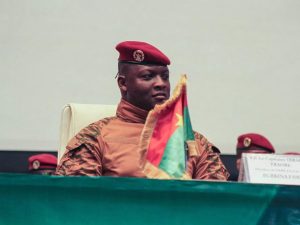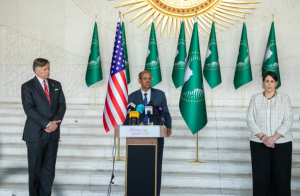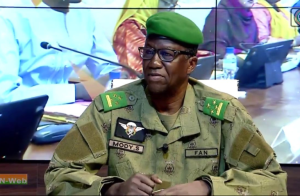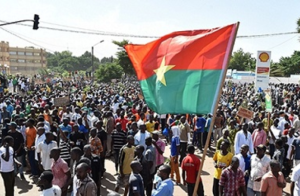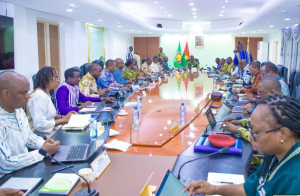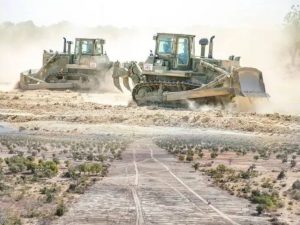World: Terrorism in Africa/President Yoweri Museveni speaks his truth to the UN
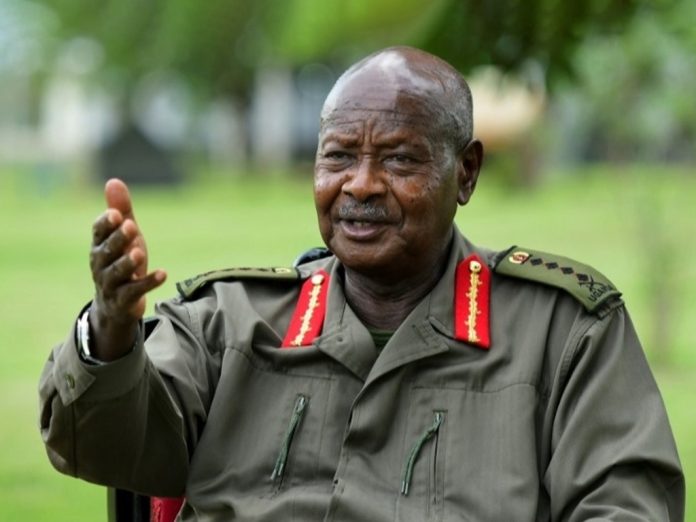
In a recent statement, Ugandan President Yoweri Museveni believes that some of the terrorism in Africa is either created or maintained by certain actors who are trying to play the role of global policemen.
For President Yoweri Museveni, the chaos in Libya and the Sahel countries was caused by certain actors acting through undemocratic UN structures, such as the Security Council.
President Yoweri Museveni expressed his incomprehension at the coexistence of UN officials with terrorist groups that have been operating in the east of the Democratic Republic of Congo for two decades.
«The project to combat terrorism in eastern Congo over the past 20 years is the work of the UN», he said.
The Ugandan President stressed that he would now consolidate his efforts with the Congolese government to eliminate the Allied Democratic Forces terrorists accused of multiple attacks in both countries.
Uganda and the DRC have launched a joint offensive to drive the ADF (Allied Democratic Forces) from their Congolese strongholds, but these operations are intended to put an end to the group’s attacks.
Smith OKAFOR


